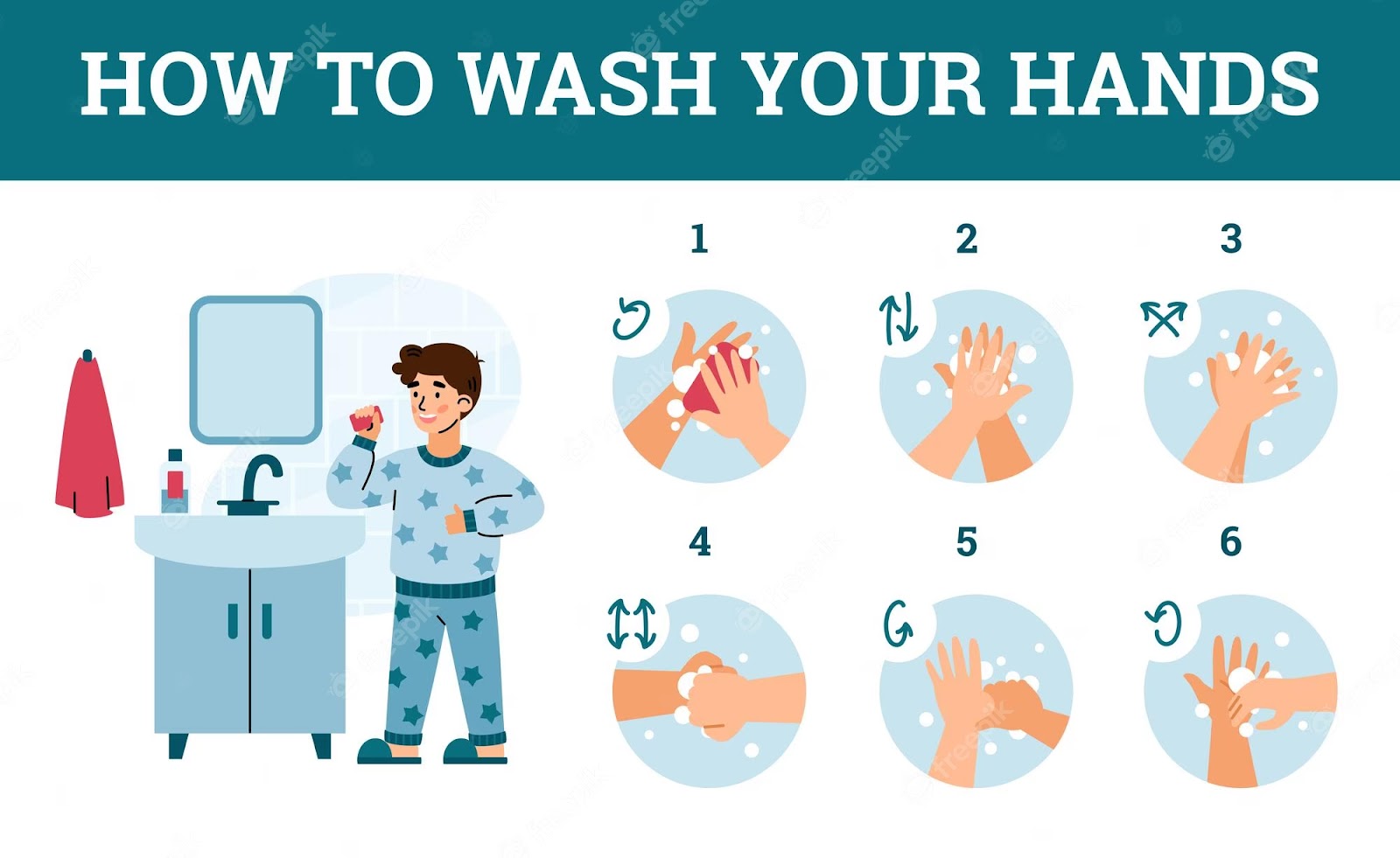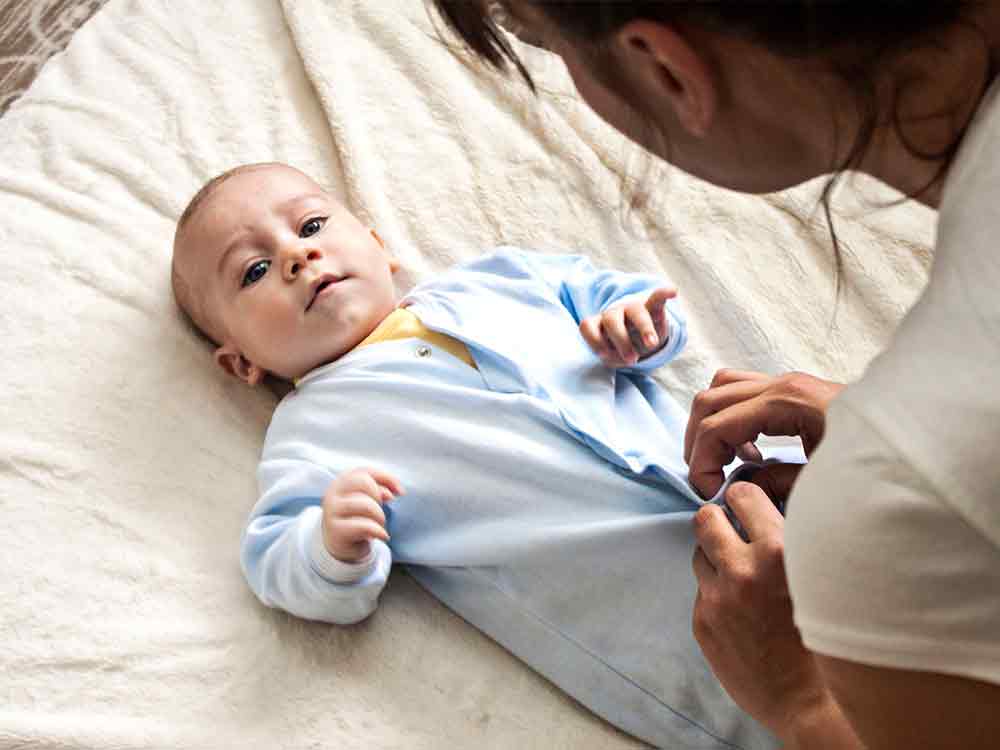Preventing Common Childhood Illnesses in Babies
Preventing common childhood illnesses in babies is a top priority for parents and caregivers. While it's not always possible to completely avoid illness,
There are several strategies you can implement to reduce the risk and keep your baby healthy:
Avoid people who are ill when you have a newborn
It’s totally acceptable to cancel plans with people who are sick when you have a tiny baby, especially if they were born prematurely. Newborns are super susceptible to getting ill, and their immune systems aren’t fully developed yet, so a polite ‘we’ll leave it until you're better, thanks, is fine.
Keep yourself healthy
Eat a balanced, healthy diet, get regular exercise, and make sure you’re outside enough that you get plenty of fresh air, even in winter. The healthier you are, the healthier your child is likely to be.
Prioritize your baby’s sleep
Sleep is crucial for good health, so just like adults, children also need their sleep. We know too well that a good night’s sleep is not always possible if you’re dealing with teething, colic, or a child who just doesn’t fancy bed tonight. But try, when possible, to give your child a good sleep schedule. This means they nap, go to bed, and wake up at the same time every day, and that will help them stay healthy too.
Get child immunizations
Newborn babies have some immunity thanks to antibodies passing to them from you via the placenta (called passive immunity) in the last three months of pregnancy. The bad news is that it doesn’t last very long.
In fact, passive immunity will start to decrease after the first few weeks or months. This is why your baby will have their first childhood immunizations at two months old.
Observe good hygiene
You might have been pretty good with it before anyway, but when you have a baby, there’s double the amount of hand washing to be done. You’ll need to wash your hands and your child’s hands frequently.
Regular pediatric check-ups
Schedule regular well-baby check-ups with your pediatrician to monitor your baby's growth and development and to catch any potential health issues early.
Proper Dressing
The parents should dress the baby appropriately for the weather to prevent overheating or exposure to extreme cold. It will be beneficial for the baby's health.
Safe sleeping environment
Place your baby on their back to sleep in a crib that meets safety standards, and avoid placing pillows, stuffed animals, or loose bedding in the crib to reduce the risk of SIDS.
Remember that even with the best preventive measures, babies can still get sick occasionally. If your baby does become ill, consult your pediatrician promptly for appropriate guidance and treatment.










Comments
Post a Comment